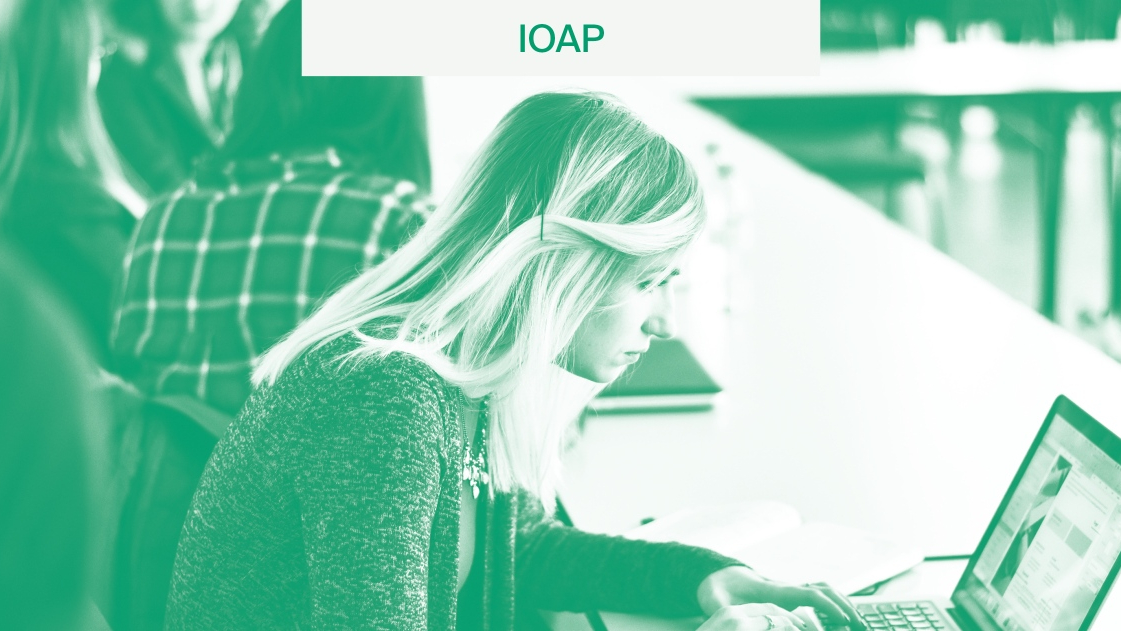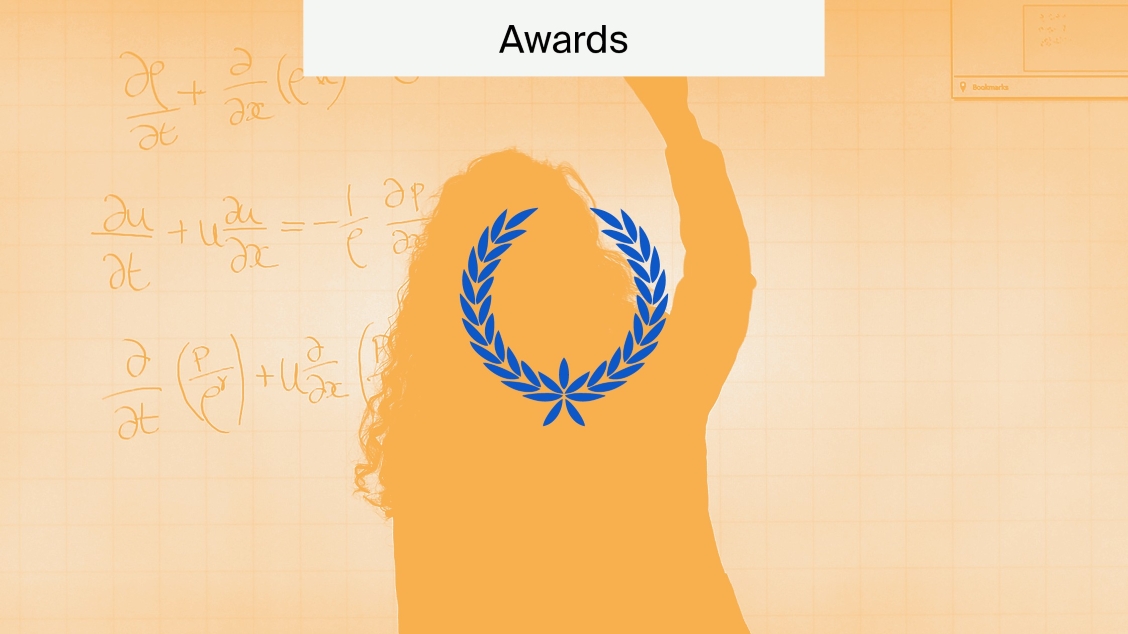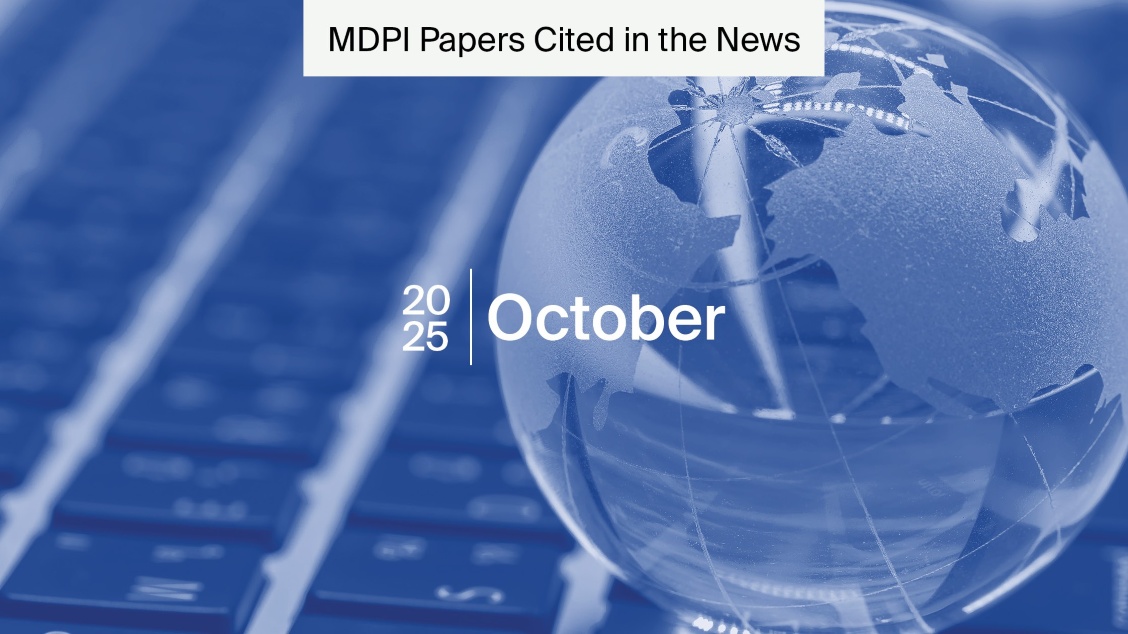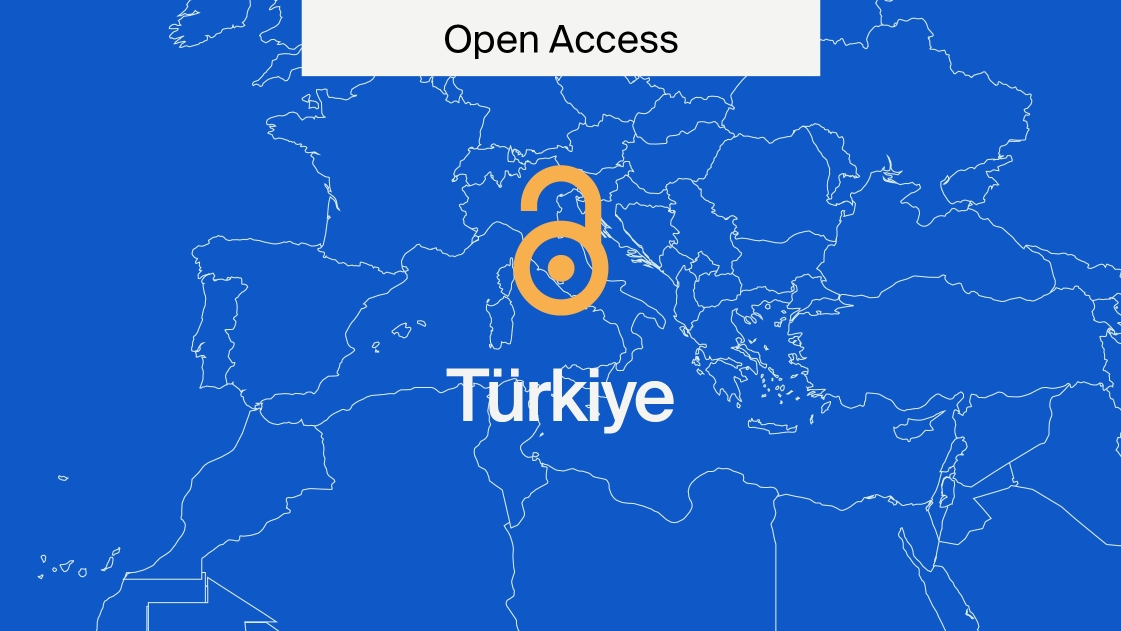
Author Services Writing Prize 2024: Interview With Dr. Arthur Suvorov
Early last year, MDPI Author Services announced the Writing Prize 2024. Authors were invited to submit 1000-word entries on the following topic: English as the language of science: The advantages and disadvantages of English’s dominance in academia.
Here, we provide a short interview with the winner, Dr. Arthur Suvorov, as well as his winning piece, Blunting the mind: Why variety is the spice of science.
1. Tell us a little bit about your background and field of study.
“I am an Australian of Russian heritage who completed my astrophysics PhD in 2018 at the University of Melbourne.
My work concentrated on the theoretical properties of neutron stars and black holes to try and understand the nature of the extreme physics that governs them.
Since then I have worked in a variety of different fields (e.g., with a brief detour in information theory) but high-energy astrophysics is my main driver.”
2. What has been your experience publishing in English and how has it compared to that of your native or non-native English-speaking colleagues?
“I have come to really enjoy the art of writing, and actually it is one of my favourite parts of putting together a scholarly work. When trying to express your ideas on paper or orally you quickly realise what you do and do not understand.
English specifically has a fair bit of freedom in terms of sentence structure and length, and it can be a fun exercise to try and minimise the monotony stereotypically characteristic of scientific articles.
Many of my Australian and other colleagues, however, have expressed that they find the writing process exhausting and the least enjoyable part of research, especially if you’re a perfectionist.”
3. In addition to the diminished development of science, as suggested in your essay, to what extent then do you think English being the language of science hinders those who speak it as a second language?
“I think it can hinder them a lot! Somebody can be a brilliant scientist and creative but struggle with languages as these are (on a basic level) memory-heavy and can be especially difficult to “fit inside your head” as one gets older.
Everyone has their strengths and weaknesses, and I think it is a real tragedy if a gift cannot be utilised because of something outside of one’s control—like where they are born and what language those around them speak. Many do well, to be fair, but it is an added layer of difficulty for something that is already difficult (research, that is).”
4. Do you think language-editing services could play a role in reducing the disparity between native and non-native researchers?
“They certainly have their place, and many copy editors have spotted grammatical and other mistakes in my works over the years (they work hard and do not get nearly enough credit). It is difficult, however, since unless the editor has technical knowledge they may not know what the author is trying to say even if perfectly eloquent.
On the other hand, poor writing comes in many flavours (ambiguous, ungrammatical, biased, tedious, …). I think the best asset one has is their English-proficient colleagues who are experts in their exact field, but I appreciate that these can be hard to find. Translation services are the next best thing.
I must also say I have never been a real fan of the phrase “native speaker” since I know many “natives” who speak rather crudely: just because it was your first (or only) does not mean you are good at it! Some of the most articulate writers I know are not natives (though admittedly most are).”
5. What do you see in the future of academia with regard to the prevalence of English as the language of choice for the majority of publishers?
“I can only really see the effects becoming more dominant. With globalisation and demands from international competition (real or imagined), the prevalence of English will increase. The problem is that the volume of articles is so high that the only real hope to increase accessibility for non-primary English speakers without a complete overhaul of the system would involve automatic translation tools. Models like DeepL are useful for this, and perhaps could be incorporated real-time into services like arXiv. While this would be far from perfect, it may help bridge the gaps.
Anyway, one is reminded of an old joke: Broken English is the language of science. I don’t expect that to change anytime soon, for better or for worse.”
Below is Dr. Suvorov’s winning essay.
Blunting the mind: Why variety is the spice of science
There is no doubt that English is the prevailing language of science. Had certain wars or political affairs during the 20th century forked down a darker path though, it is not difficult to imagine that a different vernacular may have risen as champion from the ashes. Would our current understanding of the stars, protein chains, or any of the other things that make this a beautiful universe have been stunted as a result? I think it is clear the answer is yes, as optimal thriving comes when all members of society are given opportunity to contribute. But this sidesteps the central issue of this Essay: is English itself, divorced from politics and human affairs, advantageous for academia? The answer to this caveated question is no. In fact, I argue it would still be a resounding no had English been replaced with any other language.
One cannot deny the obvious advantages of a dominant mode of communication: it makes transferring ideas more straightforward, it invites standardisation and transparency, and it helps prevent the wheel from being reinvented (it is not uncommon in my field of astrophysics to learn from a referee that a Soviet scientist conceived of an idea long ago). These elements facilitate large-scale projects. Indeed, the price stickers on some of the experimental apparatus needed to make empirical breakthroughs are truly eye-watering, and internationally distributing the financial burden makes some discoveries possible that would otherwise not be. Using the internet, one can send information at the speed of light through fibre optics and a new collaboration can be born at a moment’s notice. This is obviously more difficult if the other party does not speak your language. So how is it that we may reject a dominant language as a positive?
Historically speaking, science has developed not through gradual ramping, but a series of step functions. Geometry, calculus, electromagnetism, the quantum revolution; the list goes on in all directions. These breakthroughs were all pioneered by a single person or a relatively small group of people, which were then of course expanded on and improved by a host of others. But the core ideas were always birthed by a school. I put forward that these advances were possible not only because these schools were separated by space and time, but by language. The way in which people think outside of science influences the way in which they think inside of science, and new thoughts must be developed independently. That is the whole purpose of a PhD after all: to demonstrate that one can conduct research independently. If ideas and thoughts are constantly mixing, to what degree can independence emerge? Worse than that, one’s academic survival is often tied to perceived worth in terms of collaborative engagement and output, which discourages bold new ventures. (Although issues with respect to publication metrics and the like are tangential to our line of argument, they are exacerbated by the dominance of English via the globalisation of the academic market).
A breakthrough is by definition a new way of approaching a problem, or perhaps more fundamentally: solving a problem others did not know they had. This requires thinking in novel ways, something which a fixed framework hinders or even precludes. There is a theory of linguistic relativity attributed to Sapir and Whorf — popularised by the Hollywood movie “Arrival” — which states, in its softer form, that the structure of one’s language influences their perception. One is reminded of the old adage that a person with only a hammer may see every problem as a nail; some ideas are more easily expressed in one form over another. This is obvious to any mathematician, as some notations are superior or at least more natural for stating and proving theorems (try multiplying large numbers using Roman numerals). Language ought to be subject to the same principle to an even higher degree, as it forms the greater umbrella.
Aside from individual words or phrases (a personal favourite is the German “Gedankenexperiment”), structure paves the path to understanding. In Arabic, for example, one writes from right to left. This engages different sections of the brain while one is trying to express themselves, forming connections which may otherwise be difficult in English (e.g. usually one counts up rather than down). In ancient Egyptian, the nonlinear nature of hieroglyphics invites a rather obvious pictorial representation of ideas. One could imagine that breakthroughs in geometry are more natural in such a script. Admittedly, it is difficult to formally prove such assertions, as scientific data are inconclusive (perhaps, though, that is symptom of the problem). Nevertheless, history would suggest their validity, as the roots of ideas can always be traced to individual schools of thought. Operating within a single language, “step-like” breakthroughs will be less frequent. We all lose from that.
In summary, nurturing thoughts and ideas in relative isolation is often a necessary condition for a breakthrough. A key exception to this is in the experimental sector as highlighted above; we are learning a great deal more about the universe with multi-billion dollar instruments which would be nigh impossible to construct and operate without international collaboration. Experiment is but one of the twin pillars that holds up science, however, the other being theory. If new mathematical or physical frameworks are encouraged and celebrated, language diversity should be too. I ask you, the reader: do you think quantum gravity, or the origin of life, or the Riemann hypothesis will be solved by layered iterations of back-and-forths, or by a few brave new ideas? Is it not easier to have a new idea if your framework is free?
Enhance the clarity and impact of your research with MDPI’s expert English editing services. Our professional editors specialize in refining your manuscript, ensuring it meets the highest standards of academic communication. Get a free quote for our Standard, Rapid, or Specialist Service at the link above.











